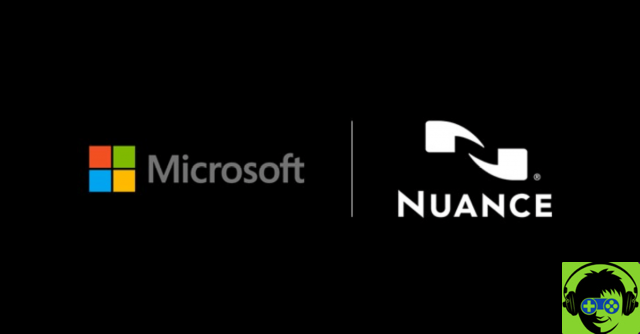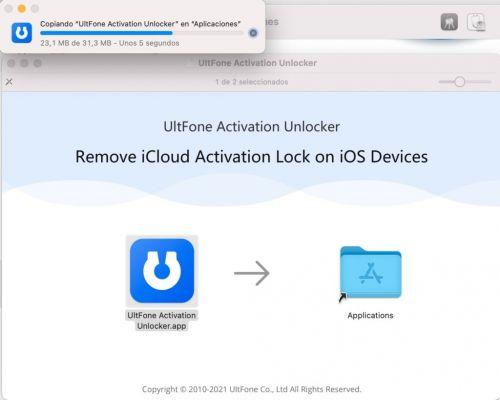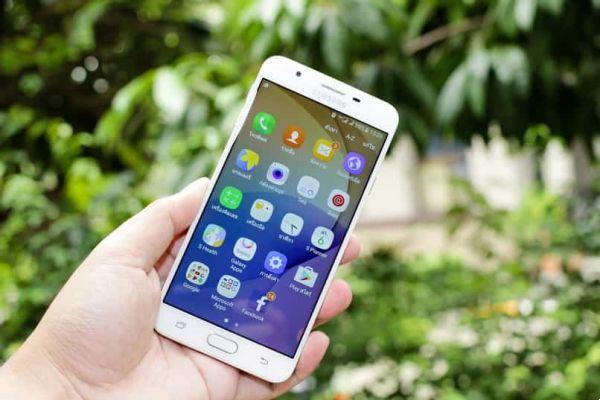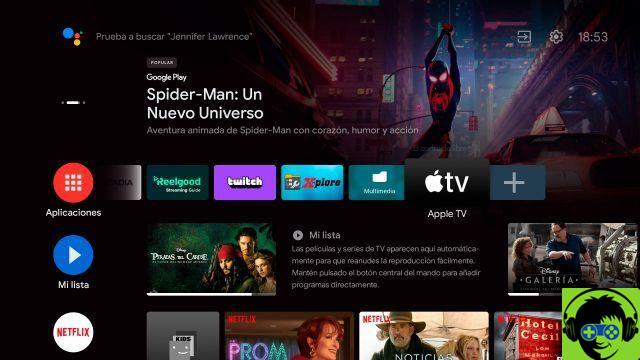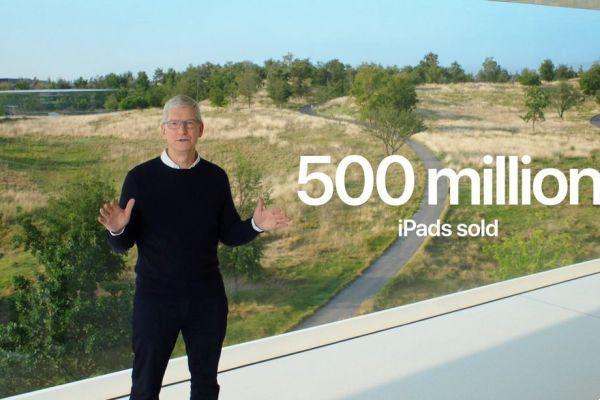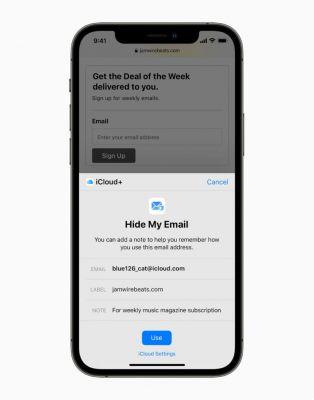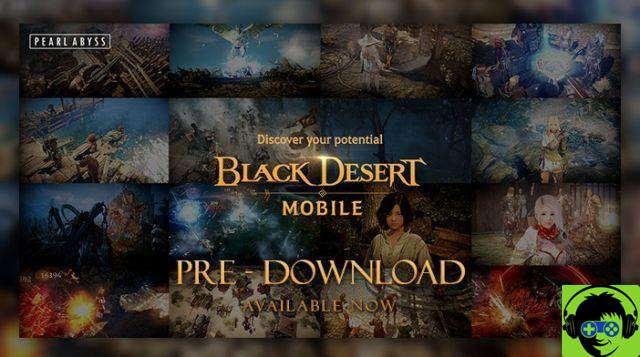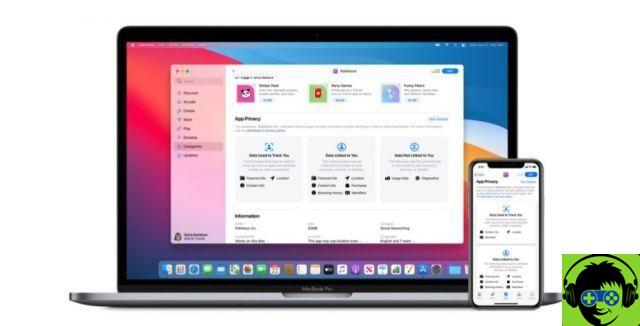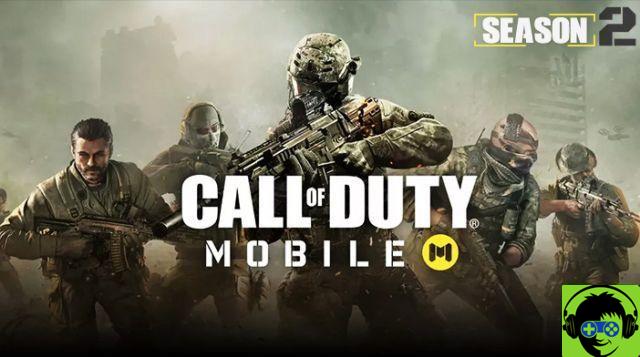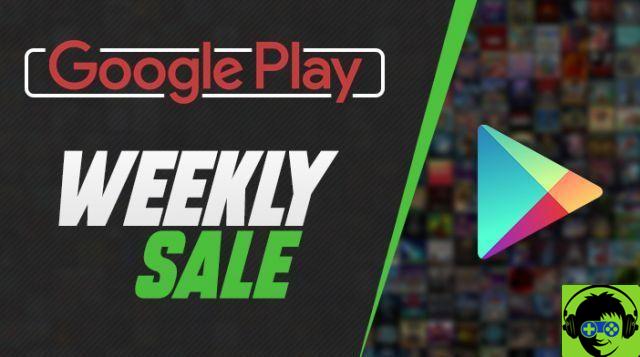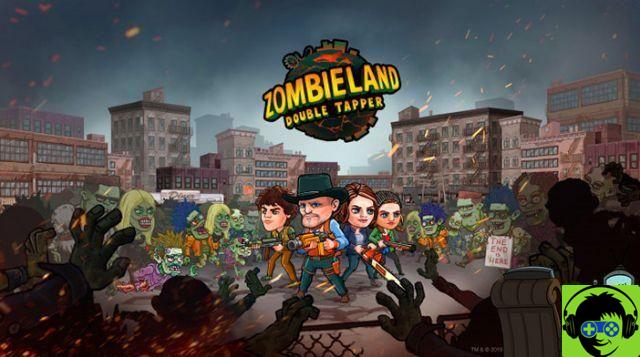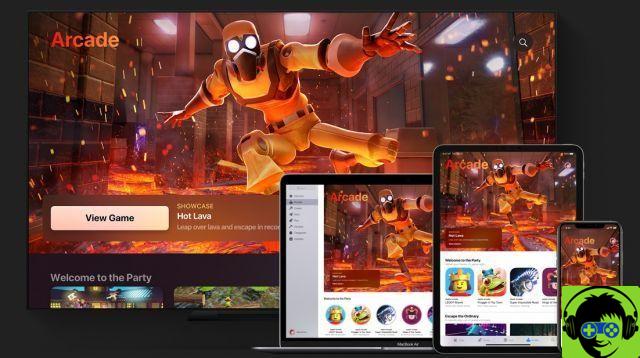Horacio Gutierrez, director of global affairs and director of legal affairs at Spotify, spoke to The Verge to explain his reasoning behind his line "Apple is a ruthless bully", as he wrote in the column. opinion of The Wall Street Newspaper.
After declaring his love for Apple products (when he testified in the Epic Games trial against Apple, he was wearing his Apple Watch prominently) he explains why it is not incompatible to admire a company and its products and disagree with its policies:
It's clear to me that when it comes to their app store policies and how they treat not only apps that compete with them but also a wide range of apps from their App Store, it's unfair and I think it deserves attention from regulators. . You can love a company and at the same time be able to point out things they should do differently.
When asked what measures should be taken to correct this anti-competitive behavior, Horacio Gutiérrez explains that at first there was no mandatory payment system, but that it was something that was incorporated later and everyone was forced to 'go through the circle".
[The payment system] was not part of the App Store in the beginning, as the 30% commission was not mandatory when we entered the App Store, they included it later and, in the process, they created an environment in the fact that the apps that compete with them are not on an equal footing.
So it's pretty simple. We want Apple to go back to the situation that existed when we entered the App Store. We want them to override the proprietary payment system and anti-advertising rules, which is an elegant way to refer to the penalties and penalties they have created for those who don't want to use their proprietary payment system. Essentially, by restoring the situation to what it was before its anticompetitive abuses began.
Next, in elaborating on the reasoning Apple offers to justify its 30% commission (while maintaining the privacy and security of its users), Horacio Gutiérrez expresses his skepticism as to whether this is a valid or justified reason, taking into account the amount of companies that have App Store exceptions (such as all those that don't sell digital assets, such as food delivery companies, auto service companies, etc.).
This is a completely arbitrary construction and is not justified for privacy and security.
Apple should have a strong enough incentive in the billions of dollars it generates by selling devices like iPhones or iPads to protect their users. This is where the vast majority of income comes from. Having user data safe and secure is one of the strengths of these devices. So the idea that suddenly they couldn't invest in privacy protection and security for their customers if they didn't have the revenue from the 30% commissions they charge on the App Store is ridiculous and defies [people's] gullibility.
If the solution is to cut the fee to 15%, Spotify says that's not the point. Apple should be able to charge a 30% or 50% fee if it can convince users that its proposition is worth it.
Let the market decide. It offers PayPal and Mastercard and other payment systems and that users decide on. Let them vote with their dollars if Apple technology is that superior when it comes to payments and all the other things they want to pay 30% more.
Basically these are the arguments. In the end they want to use the Apple platform without having to pay anything to be there. Uncle for technological development, not for privacy, not for security. Free access to Apple users to be able to sell at the price that suits them without having to pay the "landlord".
When asked what happens if they win ...
If we win, some aspects of this will be solved and then other cases will come that will solve the problems of other industries [and so on]. If we lose, only the cause for which legislative reform is needed will be strengthened because if we lose it it is because the current antitrust system has not been updated for the realities of the internet connected society and the power these companies have from a global perspective.
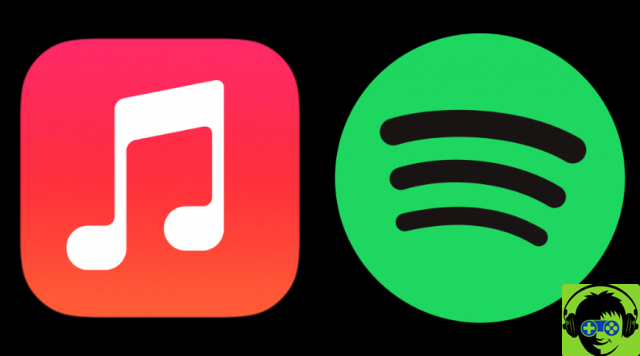
So this is Spotify's strategy. Winning by civil or criminal law. If the judges disagree with them, they would go to the politicians to change the law ...







